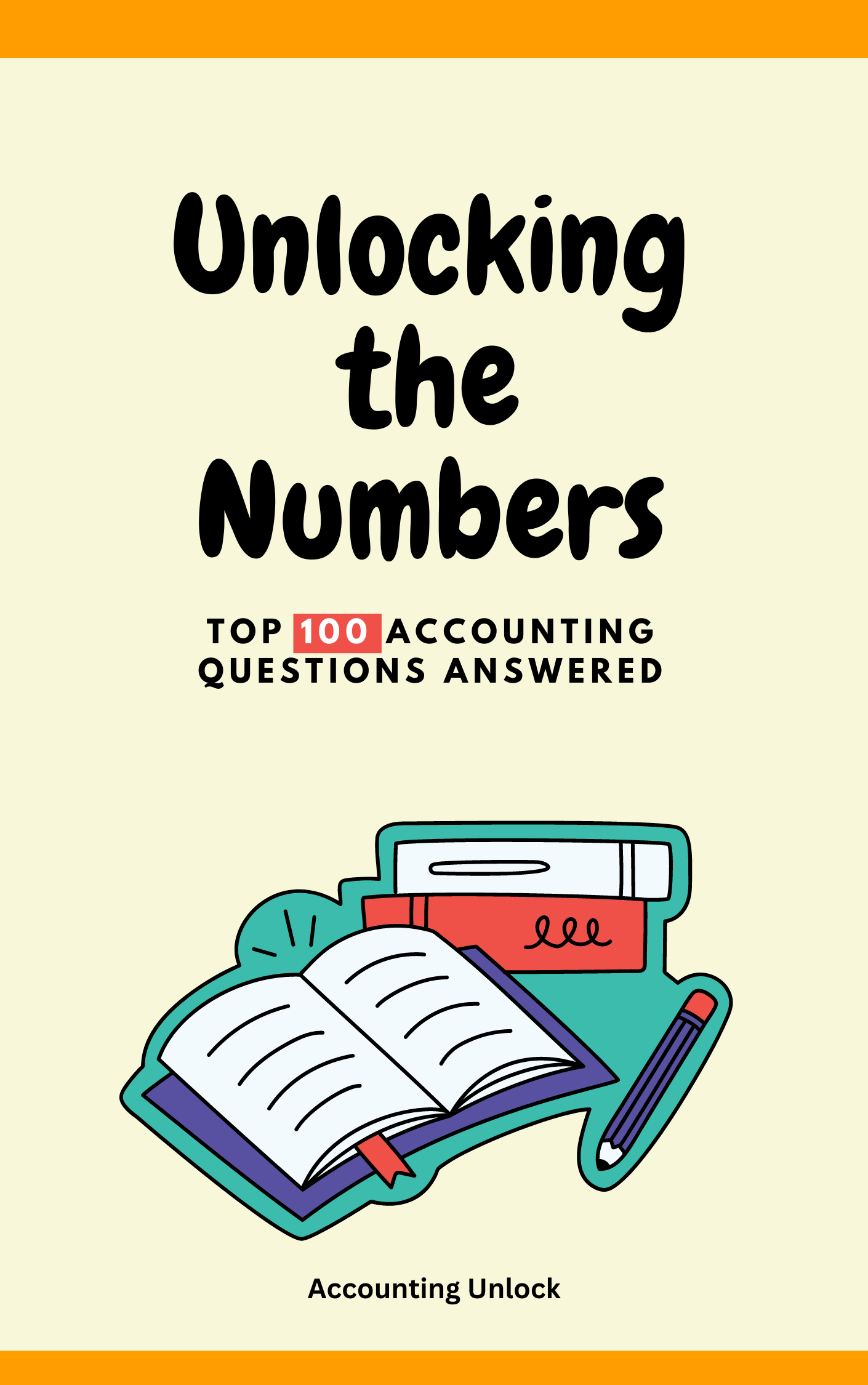Ah, young financial detectives! Ever dreamt of building a pirate ship empire out of cardboard boxes, only to realize the seagulls charge a “seagull tax” on every shiny button you use for coins? Hidden taxes are like those sneaky fees, lurking unseen in unexpected places and taking a little nibble out of your financial treasure!
Imagine you’re a captain extraordinaire, sailing cardboard seas in your magnificent galleon. You’ve bartered for a telescope made from an empty cereal box and even befriended a friendly parrot fashioned from a crumpled magazine – but wait! Every time you trade some buttons for supplies, a sly seagull swoops down and snatches one away. That’s a hidden tax – an extra cost you didn’t expect, like a salty surprise on your cardboard captain’s biscuit!
Think of it like the price tag on a toy that magically increases at checkout. In the real world, hidden taxes can be tucked away in things like fees on bank transactions, airline tickets, or even your internet bill. They might not be as obvious as a pirate hoard, but they slowly chip away at your financial booty!
Why are hidden taxes important in accounting?
- Accurate financial picture: Accountants are like treasure map makers, making sure your financial reports reflect all the costs, not just the obvious ones. Hidden taxes can throw things off, making it hard to navigate the financial seas!
- Transparency and fairness: Knowing about hidden taxes helps everyone – businesses, consumers, and even governments – understand the true cost of things and make informed decisions.
- Tax planning and compliance: Accountants help you identify and understand hidden taxes so you can plan your finances accordingly and avoid any unpleasant surprises, like a tax kraken emerging from the financial depths!
How are hidden taxes handled in accounting?
- Financial detectives on the case: Accountants are like eagle-eyed treasure hunters, constantly scanning for hidden taxes in every nook and cranny of your financial records. They might ask you about seemingly insignificant fees or analyze transaction details like a pirate deciphering a cryptic treasure map.
- Tracking and reporting: Once identified, hidden taxes need to be properly tracked and reported in your financial statements. It’s like adding those sneaky seagull fees to your cardboard ship’s logbook, keeping everything transparent and accurate.
- Tax optimization and minimization: While you can’t escape all hidden taxes (those seagulls are persistent!), accountants can help you minimize their impact and make sure you’re paying your fair share, no more and no less.
Key points about hidden taxes:
- Unseen costs adding to your financial burden.
- Can impact businesses, consumers, and governments.
- Identified, tracked, and managed by accountants for accurate financial reporting and optimized tax strategies.
Remember, young sleuths, mastering hidden taxes is like equipping your cardboard ship with a financial radar! It equips you to identify those sneaky costs, understand their impact, and navigate the financial seas with confidence and transparency. So keep learning, keep exploring, and keep chasing down those hidden taxes like a determined pirate after a lost treasure map!





